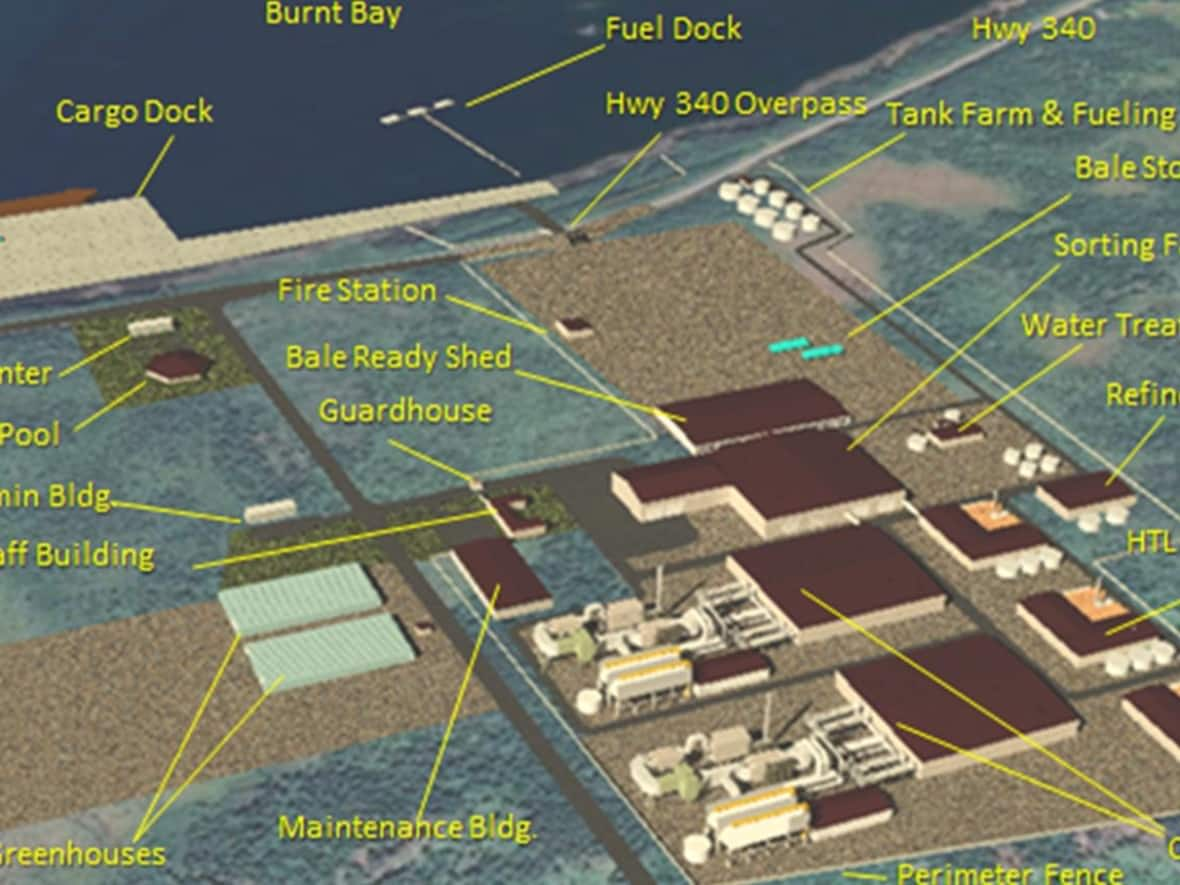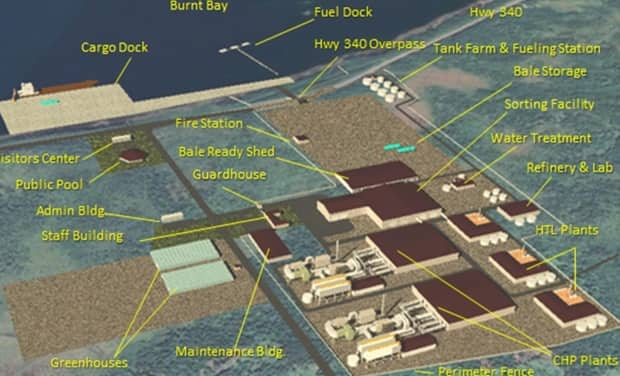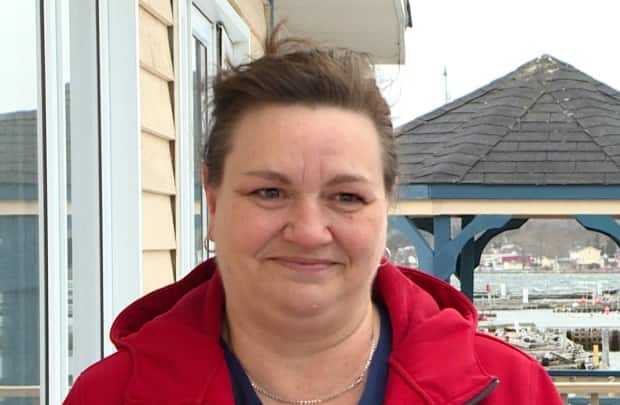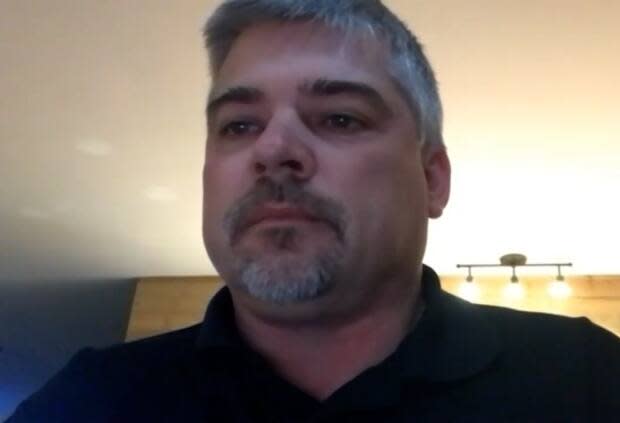Garbage in, energy out: Proposed gas plant in Lewisporte sparks opposition


The debate over a proposed plastic gasification plant in Lewisporte, N.L., has reignited, now that environmental plans are in front of Newfoundland and Labrador's environment minister.
Synergy World Power wants to build a waste-to-energy plant in the central Newfoundland town that would import and process plastic, cardboard and wood waste from Europe. But critics in the community say the project threatens to turn their town into the world's dumping ground.
"You're opening up the doors to the world's garbage," said Marina Blake, a resident of nearby Birchy Bay who is organizing petitions and letter-writing campaigns to oppose the project.
"It's going to turn us into a huge dump, and it's bad enough here as it is."
The plans for the plant were revealed in the company's 180-page environmental assessment application, which was submitted to the provincial government in early January.
The company says their plant would cause a net reduction in global greenhouse gases, by bringing in European waste that would otherwise be sent to a landfill.
Synergy World Power calls it solid recovered fuel, a mix of wood, cardboard and plastic, that would be shipped in by a contract with a third party.
The wood and cardboard would be separated from the plastic, and both piles would be sent to separate gasification plants. The materials would be superheated in a reactor without oxygen and broken down into component chemicals.
The company says the wood and cardboard would eventually be used to power a steam turbine to generate electricity, while the plastic would break down into an ultra-low sulfur diesel fuel that would be exported.
The company says it can safely wrap, store and process the imports and will pay to build an air quality monitoring system.
But some residents of the area say the risk of importing thousands of tonnes of foreign waste outweighs the reward of the 100 to 200 jobs the plant might provide.
"You drive the roads, you walk the beaches, there's enough trash as it is," Blake said. "So what if one of those container ships, I don't know, hits a rock, or whatever, goes aground?"
Synergy World Power says it plans to import around 750,000 tonnes of waste yearly from Europe, on 170-metre ships that would make three to four stops a month. It would be paid to import the waste.
"Tourism is one thing that we are expanding upon, and Notre Dame Bay is known for its beautiful coastal waters and islands," said Tracy Churchill, who is organizing a protest at the Lewisporte's town hall against the proposal. "With the traffic of tankers full of garbage in our bay … I think it would be detrimental, totally."
The company declined to speak to CBC News about its proposal.

Perry Pond, who sits on Lewisporte's town council, said the prospect of jobs and economic development in the community is compelling but council is taking a wait-and-see approach, relying on the provincial government to assess the application and its environmental impact.
"We see jobs, and we see development, and we see growth," he said.
But projects need to be environmentally sustainable, he added.
"If this project is found to be unsustainable and there's concerns raised and the province rejects it, well, we'll move on to something different."

Environment Minister Bernard Davis said Wednesday he couldn't comment on any specific proposal in front of him, but said the assessment process was transparent and thorough, and sought feedback from multiple provincial and federal boards and agencies.
"The public has every ability to communicate with us and all those other agencies and boards and departments within federal and provincial jurisdictions all have to make comments as well," he said. "So we're going to go through a fulsome review for any project that comes through."


